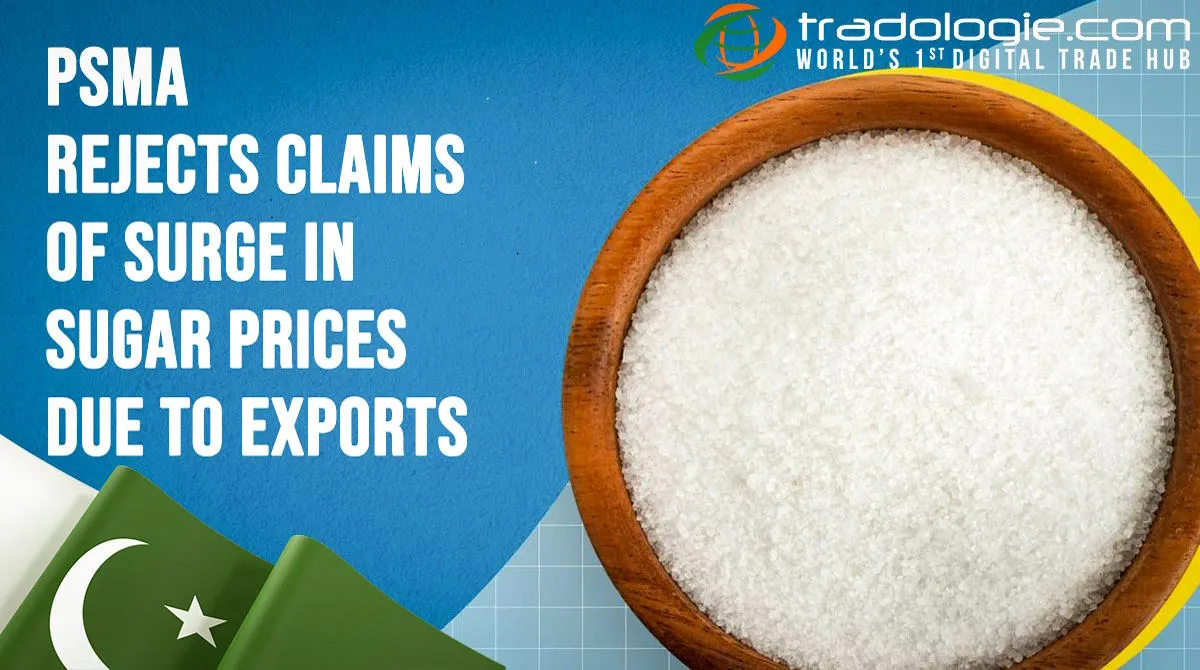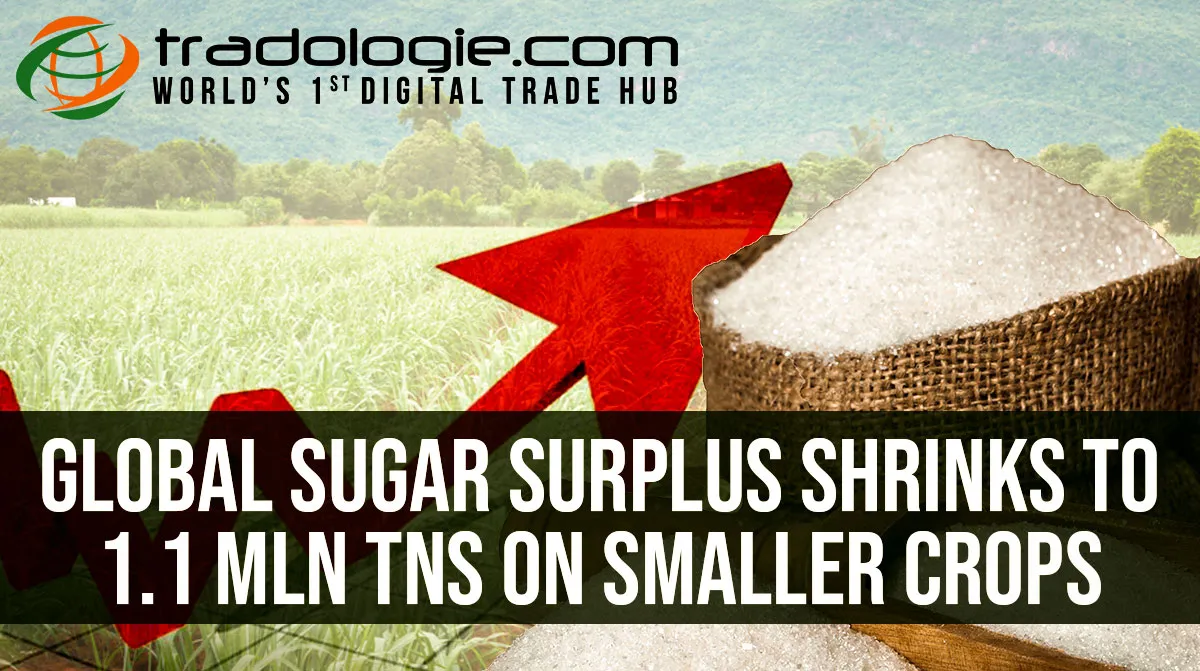India has recently lifted restrictions on sugar mills and distilleries regarding the use of cane juice to produce ethanol. Starting from the 2024-25 fiscal year, ethanol producers will be permitted to use not only sugarcane juice but also B-heavy and C-heavy molasses. This move by the Indian food ministry is expected to have significant repercussions for both the domestic and global sugar markets.
Tradologie.com isn't just a b2b platform for global export and import. It also provides you the latest and real-time updates on the food industry. Keep reading this article if you want to get the latest updates on the Indian sugar industry.
Impact of Policy Changes on Export Curbs
The relaxation of ethanol production restrictions comes in the wake of India's previous decision to halt the use of cane juice and syrup for ethanol production during the 2023-24 year. This earlier restriction aimed to bolster the country's sugar reserves following damage to crops caused by poor rainfall. Alongside this, India had imposed export curbs, which were extended through October to stabilise local sugar prices ahead of national elections. The easing of these restrictions could imply that India may continue or even tighten these export curbs to ensure sufficient domestic sugar supply. Such measures could contribute to a more constrained global sugar supply, potentially driving up global prices.
Global Price Fluctuations: Brazil and India's Role
Recent disruptions in Brazil, the world's largest sugar producer, due to widespread fires have already led to a rally in benchmark sugar prices. The combination of Brazil's reduced production estimates and India's limited sugar exports has created a tight market. With India's decision to ease ethanol production restrictions, the global sugar market is likely to experience further price increases. The reduced availability of sugar for export from India, coupled with supply constraints from Brazil, could exacerbate the rise in global sugar prices.
Boost to Ethanol Production: India's Strategic Goals
India's policy shift also supports the government's broader objective of increasing the ethanol content in gasoline blends to 20% by November 2025. The move is expected to significantly boost ethanol production, which in turn could influence global ethanol markets. By allowing the use of sugarcane juice and molasses, India is not only addressing its domestic energy needs but also potentially impacting global ethanol supply and demand dynamics.
Market Reactions: Optimism Among Indian Sugar Millers
The news of India's policy change has positively impacted the stock market, particularly for Indian sugar millers. Shares of major sugar companies surged following the announcement. Triveni Engineering and Industries Ltd. saw a rise of over 10%, while Shree Renuka Sugars Ltd. and Bajaj Hindusthan Sugar Ltd. experienced gains of nearly 10%. Other companies, such as Dwarikesh Sugar Industries Ltd. and Balrampur Chini Mills Ltd., also saw significant increases in their share prices. This market reaction reflects investor optimism about the policy change and its potential benefits for the sugar industry.
Government's Strategic Moves in the Ethanol and Rice Markets
In a related development, the Indian government has also allowed grain-based ethanol producers to purchase rice from state reserves through an electronic auction conducted by the Food Corporation of India. The plan is to sell up to 2.3 million tons of rice during August and October. This measure is expected to support the production of ethanol and further influence the global market for both ethanol and rice.
Conclusion:
The lifting of ethanol production restrictions in India marks a significant shift in the global sugar and ethanol markets. While it supports India's strategic goals for ethanol blending and boosts domestic sugar miller stocks, it also implies tighter global sugar supplies and potentially higher prices. As the global market adjusts to these changes, stakeholders across the sugar and ethanol sectors will need to navigate the evolving landscape influenced by these policy adjustments.
If you want to export or import agro commodities in bulk, Tradologie.com is the best B2B platform. It facialites the bulk transactions without any middlemen through its state-of-the-art SaaS platform. Visit www.tradologie.com to explore B2B export opportunities and stay updated with the latest trends in the industry.
To register as a buyer, click here . To register as a seller, click here .





